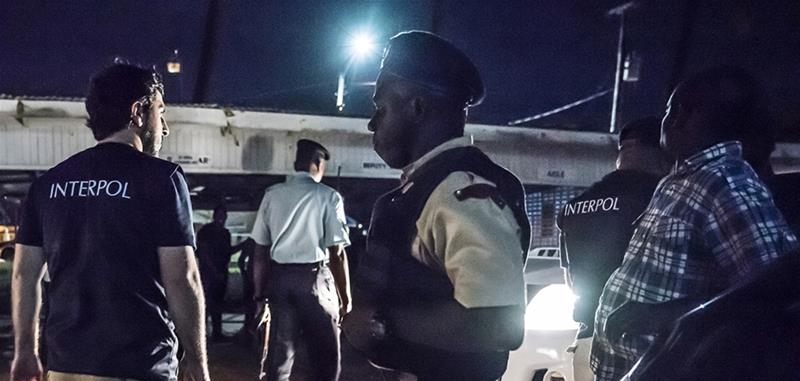Modern day slavery
May 1, 2018 | Expert Insights

Hundreds of victims of human trafficking from across the Americas and the Caribbean have been rescued by the Interpol. Close to 350 victims of modern day slavery have been freed as a result of the operation.
Human trafficking is a world-wide problem, affecting many countries - including India.
Background
Human trafficking is the trade of humans for the purpose of forced labour, sexual slavery, or commercial sexual exploitation for the trafficker or others. According to a recent report by the UN, the most common form of human trafficking (79%) is sexual exploitation. The victims of sexual exploitation are predominantly women and girls. Surprisingly, in 30% of the countries which provided information on the gender of traffickers, women make up the largest proportion of traffickers. In some parts of the world, women trafficking women is the norm.
Almost every country in the world is affected by trafficking, whether as a country of origin, transit or destination for victims.
Interpol
The International Criminal Police Organization more commonly known as Interpol, is an international organization that facilitates international police cooperation. It was established as the International Criminal Police Commission (ICPC) in 1923; it chose INTERPOL as its telegraphic address in 1946, and made this its common name in 1956.
Analysis
In November 2017, international community and organizations expressed outrage when video footage emerged of “auctions” taking place for slaves in Libya. The footage shocked the global community with governments across the world urging a resolution. United Nations Secretary-General António Guterres also called on the authorities to urgently investigate the situation and bring the perpetrators to justice after reports emerged of slave trade taking place in Libya. The UN has stated that more than 40 million people worldwide are victims of human trafficking. The organization has also revealed that nearly 75% of these victims are almost always women.
It has now been reported that 350 people have been rescued by Interpol. In addition, officers arrested 22 people and seized cash, mobile phones and computers. Cem Kolcu, a coordinator for Interpol's Trafficking in Human Beings unit, said the victims had been misled by those exploiting them. "What traffickers don't advertise are the working conditions their victims will be subject to once their final destination is reached," Kolcu said. "During this operation, we identified women being forced to work out of spaces no bigger than coffins, for example."
"Operations like this show the power of Interpol providing a platform for the 13 participating countries, but what sits behind these numbers is the human story," Interpol Executive Director of Police Services Tim Morris said. "Whether it is someone’s mother, father, brother, sister, son or daughter, there is an intensely personal story that is usually, unfortunately, accompanied by a lot of suffering.” The victims freed were reportedly from 13 countries and the operation took place between April 3rd and 9th, 2018.
India constitutes a significant portion of human trafficking cases in the world. In December 2017, it was reported by the Indian government, that human trafficking rose by almost 20% in 2016 against the previous year. However, campaigners have noted that even these figures failed to reflect the true magnitude of the crime.
“The trend the data is reflecting is pretty accurate. Trafficking is on the increase and that should be a cause of concern for all stakeholders,” said Anita Kanaiya from The Freedom Project, an anti-slavery charity. “But the numbers themselves are far from ground reality. The number of trafficking cases will be many times more than what the data in the (NCRB) report states.”
Assessment
Our assessment is that human trafficking is a grave violation of human rights and it should be addressed as an urgent threat by governments across the world. Human trafficking and modern day slavery is yet another form of oppression against women as statistically, women are more likely to become victims of this crime. Nations should work together to address it on an international scale using resources from organizations like the Interpol.








Comments